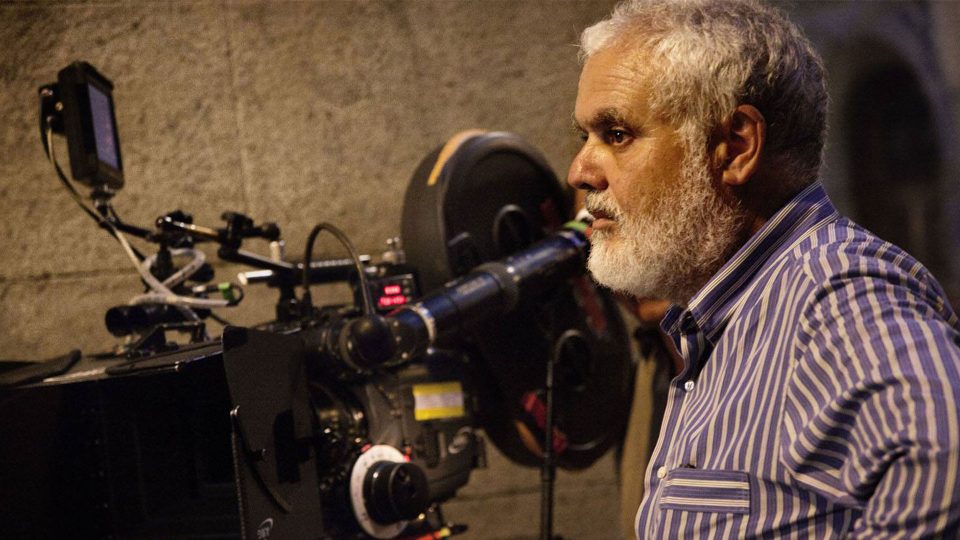
81. Venice Film Festival

80. Venice Film Festival

79. Venice Film Festival

The Biennale Arte Guide
Foreigners Everywhere

The Biennale Architecture Guide
The Laboratory of the Future

The Biennale Arte Guide
Il latte dei sogni

Director Marco Tullio Giordana talks with film critic Michele Gottardi, in this encounter organised in collaboration with Circuito Cinema Venezia. In Marco Tullio Giordana’s films, the history of Italy meets the stories of its protagonists in a broad and profound interweaving, ever since his debut Maledetti, vi amerò (1980), an effective synthesis bordering on oxymoron in which the contradictions of the 1970s are condensed. Years on which Giordana continued to question himself until the recent Romanzo di una strage (2012, on the Piazza Fontana bombing), passing through the most celebrated La meglio gioventù (2003), which spans 37 years, from 1966 to 2003, perhaps the film that has received the most positive feedback from critics and audiences. It is, however, the themes of terrorism and violence that receive continuous attention. From the story of love, subversion and betrayal in La caduta degli angeli ribelli (1981), to the re-evocation of mafia victim Peppino Impastato – with a masterful Luigi Lo Cascio – in I cento passi (2000), to the reconstruction of the story of Pasolini, un delitto italiano (1995), everything is set within a dialectic vision of the history of our country, in which the legacy never resolved with fascism weighs heavily, as shown in the two films, as passionate as they are objective, on the period of the Italian Social Republic, Notte e nebbie (1984) and Sanguepazzo (2008).